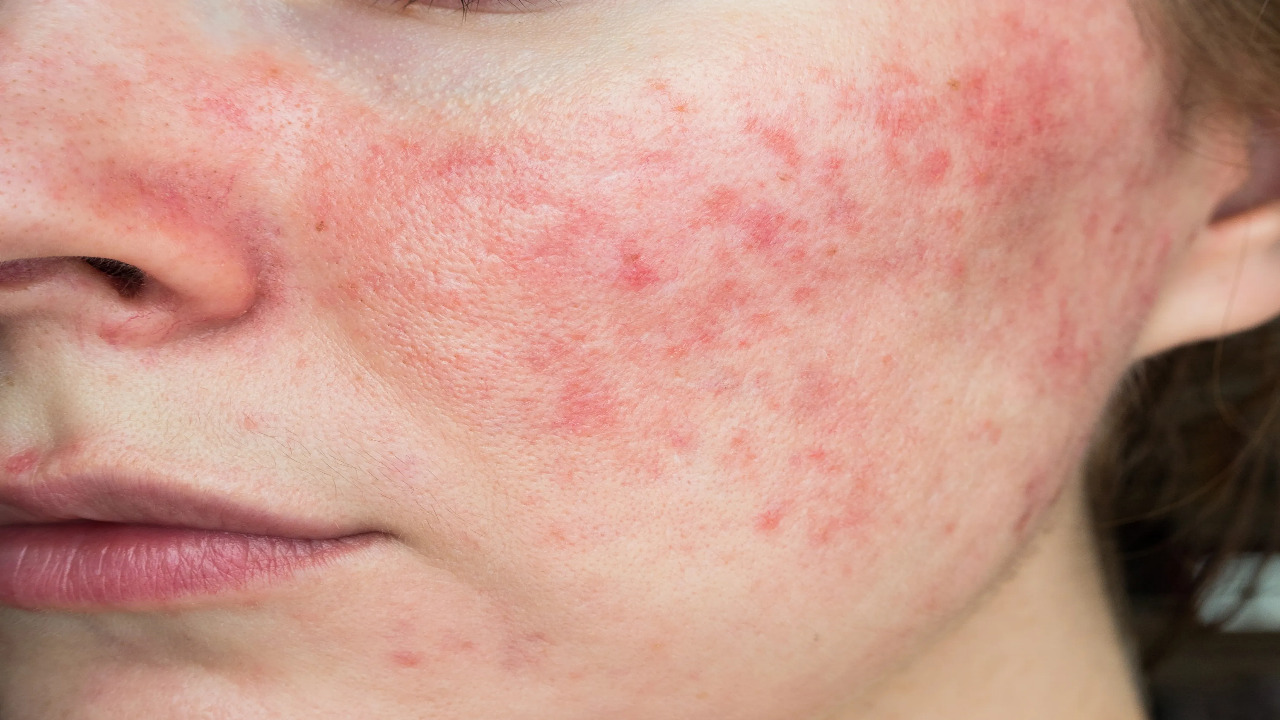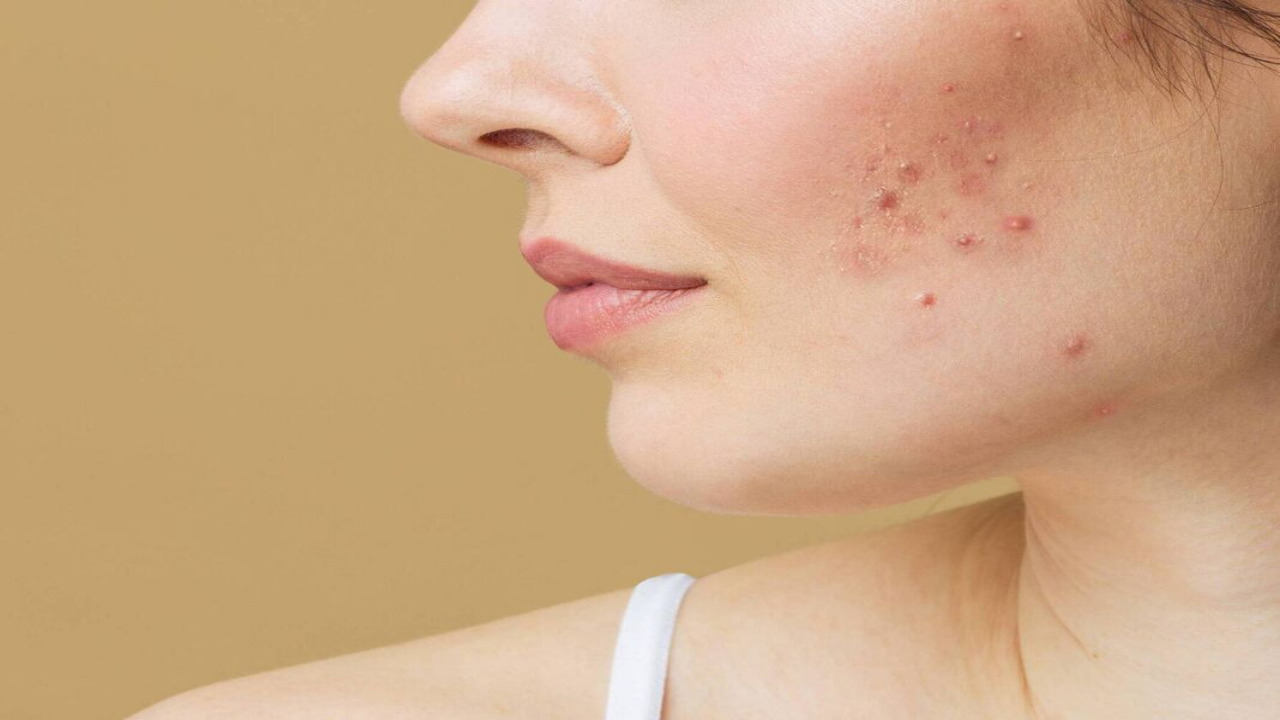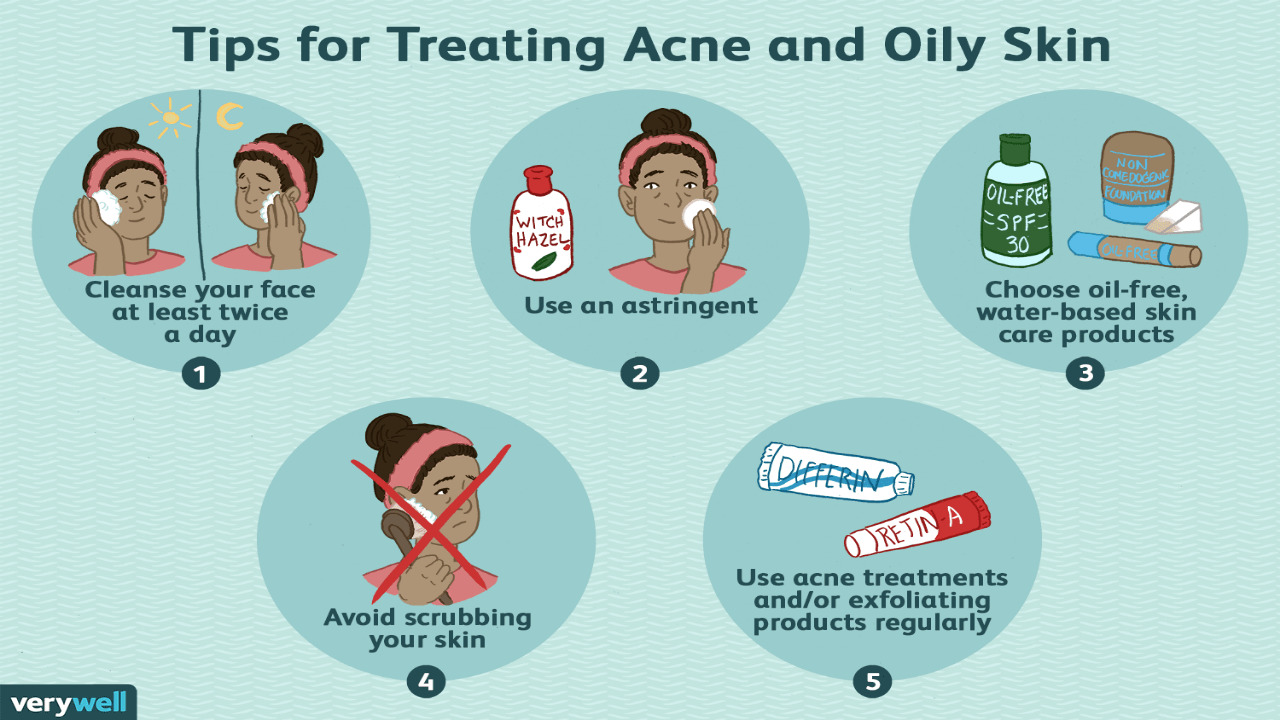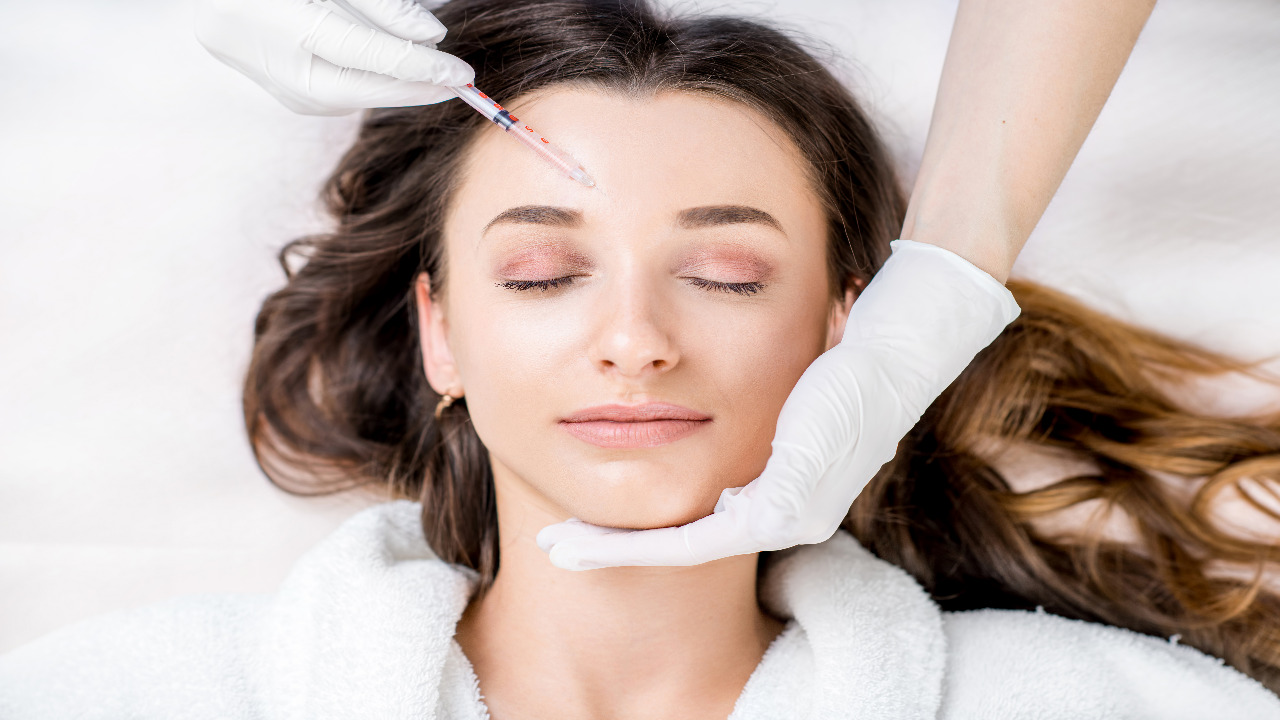If you’re experiencing symptoms like excess hair growth, acne, and difficulty losing weight, you may have polycystic ovary syndrome (PCOS). PCOS is a hormonal disorder that can provoke a wide range of skin symptoms. There are several ways to manage skin symptoms of polycystic ovarian syndrome (PCOS). You can try to control your weight, exercise regularly, and eat a healthy diet. You can also take medications to help reduce your symptoms.
PCOS is a disorder that can cause a host of skin symptoms. If left untreated, PCOS can lead to serious health problems such as obesity, type 2 diabetes, and heart disease. Fortunately, there are ways to manage PCOS skin symptoms and improve your overall health with a range of remedies like S’moo PCOS supplement options and more. The skin symptoms of polycystic ovary syndrome (PCOS) can be a real challenge to manage. This article provides tips on how to deal with common skin issues associated with PCOS, such as acne, oily skin, and irregular periods.
How to Cope With the Skin Symptoms

Polycystic ovarian syndrome (PCOS) is a hormonal disorder that can cause irregular periods, excess hair growth, and acne. While there is no cure for PCOS, there are treatments that can help manage the symptoms.
One of the most important things you can do to manage the skin symptoms of PCOS is to maintain a healthy lifestyle. Eating a healthy diet and getting regular exercise can help to control hormone levels and improve your overall health.
There are also a number of topical treatments that can help to improve the appearance of your skin. Prescription medications, such as birth control pills and anti-androgens, can help to regulate hormone levels and reduce excess hair growth. Topical retinoids, such as tretinoin, can help to improve the appearance of acne.
If you are struggling to manage the skin symptoms of PCOS, talk to your doctor. They can help you to find the right treatment plan for your individual needs.
Identify the Skin Symptoms of PCOS

There are a few skin-related symptoms associated with PCOS that can affect your day-to-day life. They include:
Acne: Acne is a very common skin condition that is often exacerbated by hormonal imbalances. PCOS can cause an increase in androgen levels, which can lead to an increase in sebum production and the development of acne.
Hirsutism: Hirsutism is the abnormal growth of facial and body hair in women. It is often caused by an increase in androgen levels, as is the case with PCOS.
Alopecia: Alopecia is the loss of hair, which can be partial or complete. It can be caused by a number of factors, including hormone imbalances. PCOS is a common cause of alopecia in women.
Melasma: Melasma is a skin condition that results in the development of dark patches on the skin. It is often caused by hormonal imbalances, such as those that occur in PCOS.
Skin tags: Skin tags are growths that can occur on the skin. They are often harmless, but can be a nuisance. They can be caused by a number of factors, including hormonal imbalances. PCOS is a common cause of skin tags.
Ways to Manage Your Skin Symptoms

If you’re experiencing skin symptoms, it’s important to talk to your doctor to get the best possible treatment. Skin conditions can be difficult to manage on your own, and your doctor can help you find the appropriate and most suitable way to treat your symptoms. There are a variety of treatments available for skin conditions, and your doctor can help you choose the best one for your particular condition. Treatment options may include topical medications, oral medications, or light therapy.
Your doctor will also be able to provide you with tips on how to manage your skin symptoms and prevent them from getting worse. He or she can also help you identify any triggers that may make your symptoms worse and help you avoid them. If you’re struggling to manage your skin symptoms, don’t hesitate to talk to your doctor. He or she can help you find the greatest and most effective approach to treat your condition and give you the tools you need to keep your skin healthy.
Follow Your Doctor’s Recommendations

Assuming you’re referring to skin conditions like eczema, psoriasis, and dermatitis. It’s important to follow your doctor’s recommendations when managing your skin condition. This includes taking prescribed medications, using recommended topical treatments, and avoiding triggers that can worsen your symptoms.
If your doctor prescribes medication, be sure to take it as directed. This may require taking oral medication daily or using a topical treatment on a regular basis. It’s important to follow the directions on the label and not to use more or less of the medication than what is recommended.
In addition to medication, your doctor may also recommend avoiding triggers that can exacerbate your skin condition. This can include things like stress, certain foods, environmental irritants, and excessive heat or cold. Identifying your triggers and avoiding them can help to prevent flare-ups and keep your skin symptoms under control.
If you’re struggling to manage your skin condition, don’t hesitate to talk to your doctor. They can provide you with additional tips and resources to help you get your symptoms under control.
Seek Out Alternative Treatments for Your Skin

If you are not satisfied with your doctor’s recommendations for treating your skin symptoms, it may be helpful to seek out alternative treatments. There are a variety of alternative treatments available for skin conditions, including homeopathic remedies, herbal supplements, and acupuncture.
Before beginning any new treatment, it is important to speak with your doctor to ensure that it is safe for you to do so. Some alternative treatments may interact with medications you are already taking or have other risks associated with them.
Homeopathic remedies are often used to treat skin conditions. Homeopathy is based on the principle of ‘like cures like,’ and uses diluted forms of substances that can cause the symptoms being treated. Homeopathic remedies are available in health food stores, online, and from some practitioners.
Herbal supplements are another option for treating skin conditions. There are a variety of herbs that have been traditionally used to treat skin conditions, such as aloe vera, chamomile, and lavender. Herbal supplements are available in health food stores, online, and from some practitioners.
Acupuncture is another treatment option that may be helpful for treating skin conditions. Acupuncture is a traditional Chinese medicine technique. Acupuncture is available from practitioners of traditional Chinese medicine.
Before beginning any new treatment, it is important to speak with your doctor to ensure that it is safe for you to do so. Some alternative treatments may interact with medications you are already taking or have other risks associated with them.
Be Patient and Consistent With Your Treatment
If you or someone you know has been diagnosed with a chronic condition, it is important to be patient and consistent with your treatment plan. This can be a difficult task, as chronic conditions can be unpredictable and often require a lot of trial and error to find the right treatment. However, stick with it – the goal is to improve your quality of life and manage your condition so you can live as normal a life as possible.
There are a few things you can do to help make the process easier. First, make sure you understand your condition and what treatments are available. This will help you know what to expect and be better prepared for the journey ahead. Second, build a support network of family, friends, and healthcare professionals who can offer guidance and assistance. Finally, be patient and consistent with your treatment plan. It may take some time to find the right combination of medications and therapies, but it will be worth it in the end.
